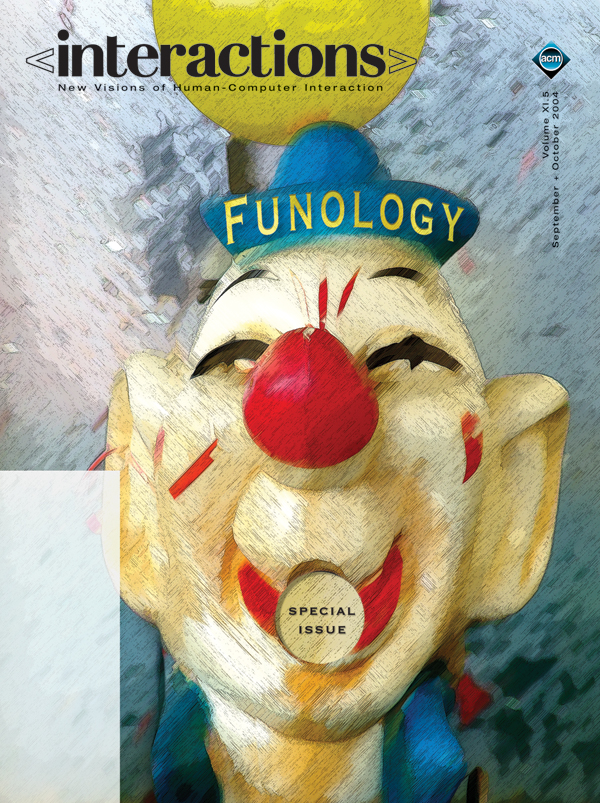Authors:
James Kalbach
Searching for information is an emotional experience. We've all experienced confusion and frustration while searching the Web, as well as the occasional joy of discovery. But how do we conceive of emotions within search design? A key message from recent investigations is that feelings affect thought and actions. To some degree, this is something interface designers have tacitly known all along; we've just not clearly articulated the role of feelings, or we've confused them with something else. For instance, the main thrust of Don't Make Me Think [1] is really, "don't make me frustrated." (Of course we want users…
You must be a member of SIGCHI, a subscriber to ACM's Digital Library, or an interactions subscriber to read the full text of this article.
GET ACCESS
Join ACM SIGCHIIn addition to all of the professional benefits of being a SIGCHI member, members get full access to interactions online content and receive the print version of the magazine bimonthly.
Subscribe to the ACM Digital Library
Get access to all interactions content online and the entire archive of ACM publications dating back to 1954. (Please check with your institution to see if it already has a subscription.)
Subscribe to interactions
Get full access to interactions online content and receive the print version of the magazine bimonthly.







Post Comment
No Comments Found